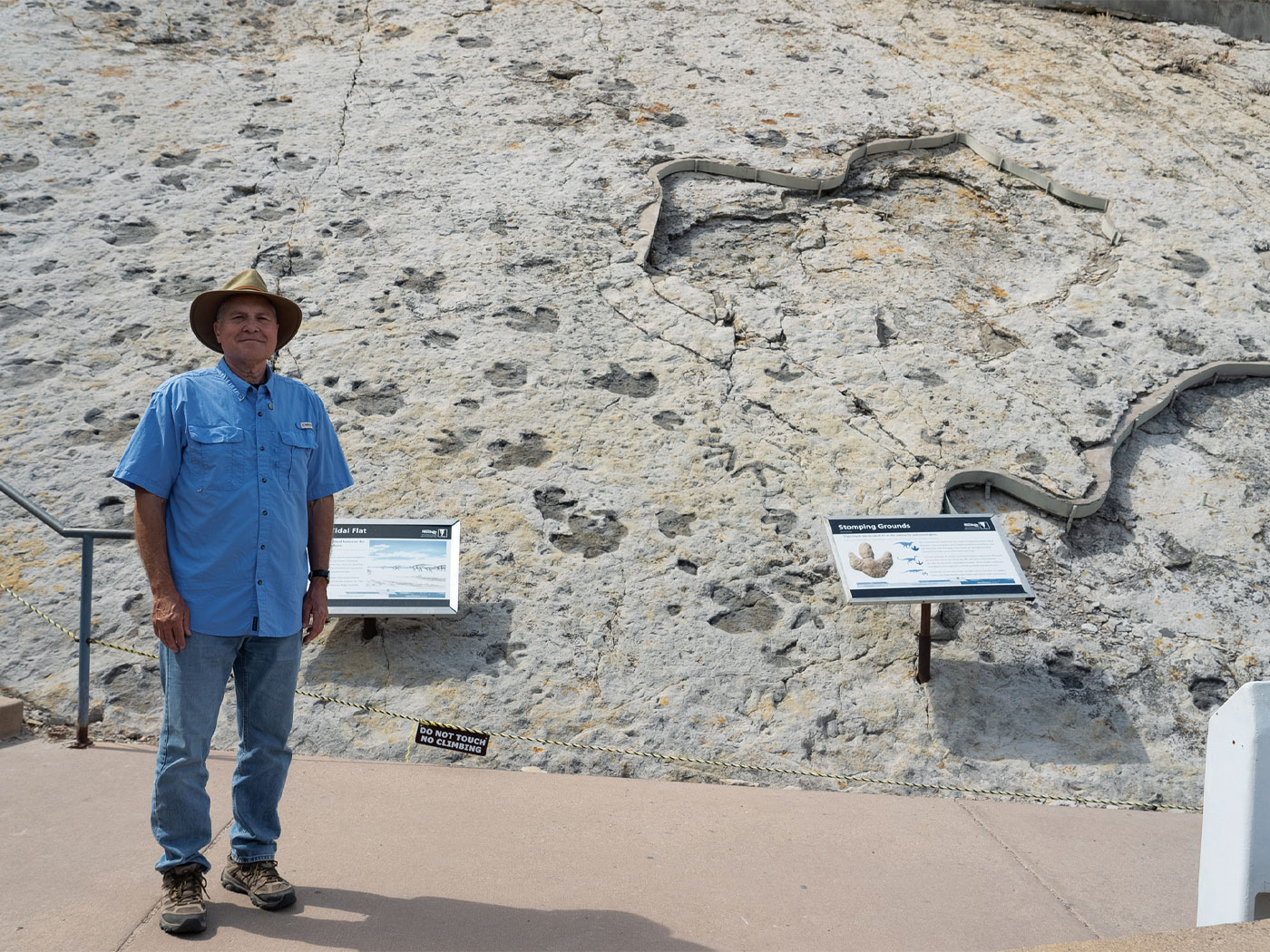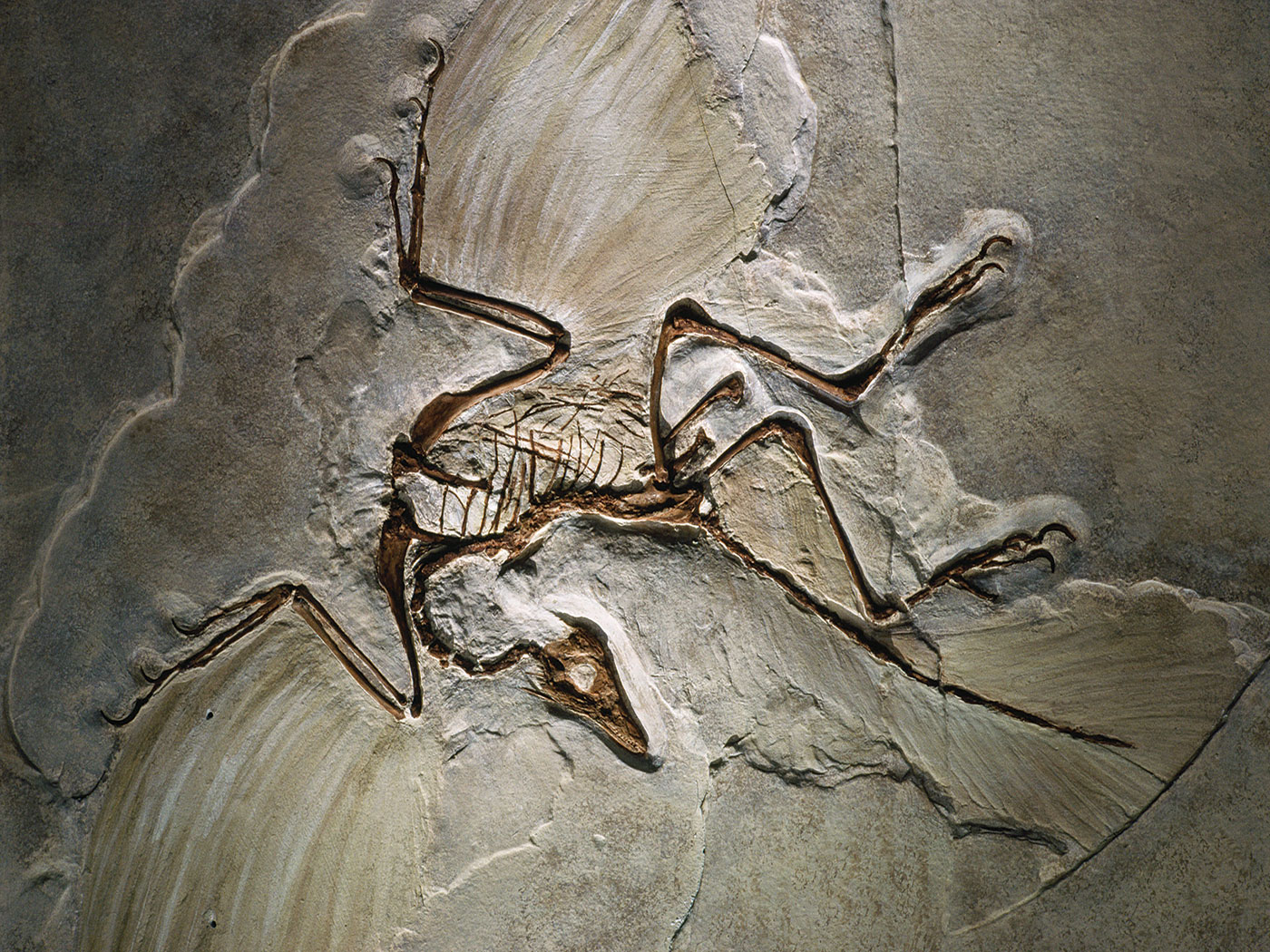Those Christians who hold to an extremely old Earth acknowledge that both Scripture and history teach Abraham lived just a few thousand years ago. Furthermore, chronologies in Scripture identify the time between Abraham and Noah, and the time between Noah and Adam as a total only of a few thousand years. Even using the maximum time spans given in various manuscripts yields a total of only a few thousand years between Adam and the present. But maybe the creation took billions of years, they say.
It seems obvious. The Bible specifies that God's work of creation took "six days," at the end of which He created Adam. He provides a record of His activities on Day One, Day Two, etc. He even brackets each day by the terms "evening and morning." Adding six days to the time since Adam still equals only a few thousand years, or so it seems. Those who advocate an Earth of billions of years in age do so by asserting that the days of creation were really of vast duration. Is there any Biblical and linguistic evidence that a "day" can be of great length?
As a matter of fact, the Hebrew word yom, here translated "day," can have a variety of meanings, just like in English.
In both languages, the term most often refers to a solar day, defined by one revolution of the earth on its axis. If I say "today" you know what I mean. Or when I say "the day of your birth" it's clear. Perhaps I could modify the word by a numerical adjective, like "first day" or "three days," and you would know what I meant. But I could say "in the day of George Washington" and you would know I was referring to a period of time around the Revolutionary War. It all depends on context. How the word is used specifies its meaning in any particular usage.
In Genesis chapter one, God apparently went out of His way to make sure we didn't misunderstand, for He defined yom the first time He used it. On Day One, after creating the heavens and the earth, God created light (v.3), and "God divided the light from the darkness" (v.4). This light/dark cycle was further identified when "God called the light Day [yom], and the darkness He called Night" (v.5). Throughout the rest of the passage He uses the term for the First Day through the Seventh Day.
The door to misinterpretation is closed in Exodus 20:11, where God wrote in stone some things He really didn't want us to misinterpret. The fourth of the Ten Commandments concerns our work week, where we are commanded to work six days and rest on the seventh, "For in six days the Lord made heaven and earth, the sea, and all that in them is, and rested the seventh day." Same word, yom, same context, same modifiers, same tablet of stone, same Author, same finger which wrote it. If words have meaning, then God created in six days just like our days. His work of creation becomes the pattern for our work week.
"Day" can mean a period of time when the context demands, but in the creation account "day" means a real "day." Christians need to allow the unchangeable Scripture to define its own terms and not rely on the temporal musings of men.
















